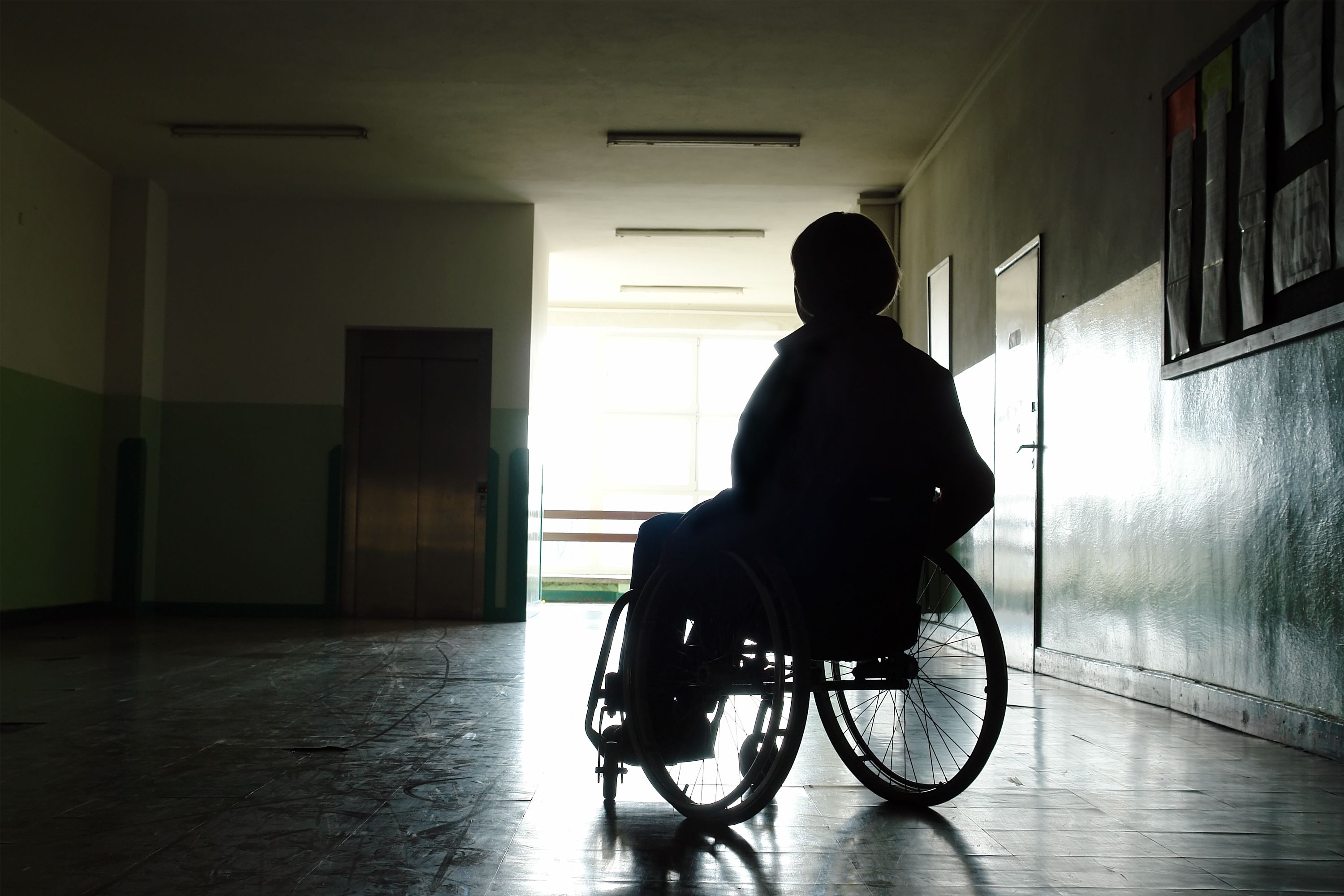DUI - What Is Considered Serious Bodily Injury?
 If you were involved in an accident while driving under the influence of drugs or alcohol, it’s crucial that you speak with a DUI/OWI defense attorney. People who operate a vehicle while intoxicated face harsher penalties if they are involved in a collision. The penalties are even harsher if another person is injured during the crash.
If you were involved in an accident while driving under the influence of drugs or alcohol, it’s crucial that you speak with a DUI/OWI defense attorney. People who operate a vehicle while intoxicated face harsher penalties if they are involved in a collision. The penalties are even harsher if another person is injured during the crash.
The Wisconsin OWI defense lawyers at Mishlove & Stuckert, LLC would like to look at cases involving serious bodily injury during a drunk driving accident. We’ll define what certain terms mean regarding bodily injury, and then look at the fines and other legal penalties for drunk drivers in such cases.
Defining “Bodily Harm”
Bodily harm is defined in state statutes as any sort of physical pain, injury, or illness. Bodily harm also covers any kind of impairment of a person’s physical conditions.
In a drunk driving crash, body harm could mean cuts, bruises, and other kinds of physical trauma that occurs in a crash.
Defining “Great Bodily Harm”
The state of Wisconsin differentiates between “bodily harm” and “great bodily harm.” Great bodily harm refers to:
- Potentially fatal injuries
- Injuries that lead to permanent or protracted disability or impairment
- Injuries that lead to impairment of proper organ function
- Injuries that lead to significant permanent disfigurement
Serious Bodily Injury in an OWI Case
Given the above legal definition of great bodily harm, serious injuries in a collision could include:
- Spinal cord injuries
- Traumatic brain injury (TBI)
- Significant blood loss
- Loss of a limb/loss of use of a limb
- Internal organ damage
- Severe facial trauma
Serious Bodily Injury and People Charged with OWI
An impaired driver who causes an accident faces harsher penalties than they would with a normal OWI charge. If that accident leads to great bodily harm, the penalties become even more severe. In fact, the consequences will stretch beyond fines and a period of incarceration.
How Great Bodily Harm Affects OWI Penalties
Let’s compare penalties for different OWI charges. This will help illustrate the increasing severity of penalties for drivers.
Normal OWI Charge
For a first offense OWI charge in which no one is injured, a person faces the following penalties:
- Fines from $150 to $300
- Additional court fees
- Driver’s license revocation for six to nine months
OWI That Causes Injuries
For a first offense OWI that leads to non-serious injuries, a person faces these penalties:
- Fines from $300 to $2,000
- Additional court fees
- Incarceration period of 30 days to one year
- Driver’s license revocation for one to two years
OWI That Causes Serious Injuries
For an OWI that leads to great bodily harm, a person is charged with a Class F Felony. The driver faces these penalties:
- Fines up to $25,000
- Additional court fees
- Incarceration period of up to 12.5 years
- Driver’s license revocation for two years
Worse Penalties for Multiple OWI Charges
If a driver has previous OWI charges on their record and gets involved in an accident that causes injuries or great bodily harm, the penalties are even more severe. Penalties are also more severe if there is a minor or a pregnant woman in the impaired driver’s vehicle at the time of the collision.
Why You Need an OWI Defense Lawyer
Drivers who face felony charges for OWI need to speak with our defense lawyers about their legal options. The team at Mishlove & Stuckert, LLC Attorneys at Law are well-versed in Wisconsin OWI and accident statutes, and can help you receive a fair hearing for the charges you face. We will work to have charges reduced, and provide insight into what challenges are ahead.
Speak with Our Defense Attorneys
If you face OWI charges, it’s crucial that you speak with the team at Mishlove & Stuckert, LLC Attorneys at Law. To discuss your case with our defense attorneys, schedule a consultation with our OWI lawyers online or call our office at (414) 332-3499.


